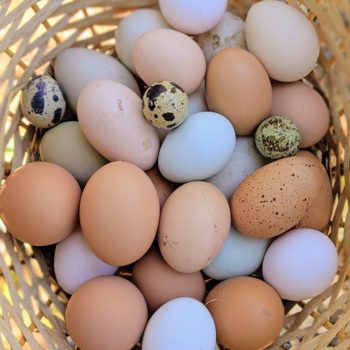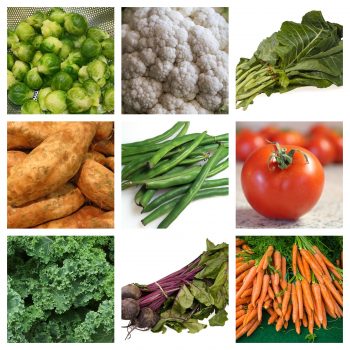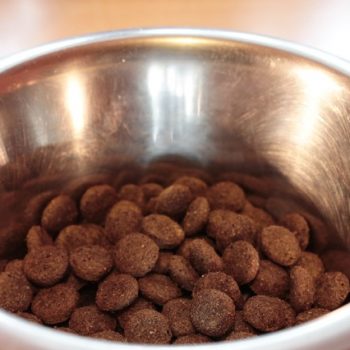Monday, August 3rd, 2020
Eggs hold the number one spot on the biological value (how readily a digested protein can be used in protein synthesis in the cells of the organism) scale. Along with other nutrients, they’re a great source of choline which plays roles in fat transport and metabolism, muscle movement, memory, neurotransmission, DNA synthesis and cell structure and messaging.
With all three varieties of eggs more available these days the nutritional differences between them, including their costs may impact your decision about which to choose for your own dog.
Comparing one type of egg to another is best done by weight because duck eggs are larger than chicken eggs, and quail eggs are very much smaller. Read more Chicken, Quail and Duck Eggs For Home-Made Dog Food Recipes
Sunday, August 16th, 2015
Many dog owners in my world are concerned about every warning they receive via newsletters, articles, blogs, and not concerned about some things I think they ought to be. For instance there’s a naturally occurring substance called oxalate which is found in many foods. In combination with a genetic predisposition, excretion of calcium through urine, and some other issues, this can cause calcium oxalate bladder stones – but, it’s not likely unless you have a breed known for these stones. Foods that are high in oxalate also happen to be high in remarkable anti-oxidants and phytochemicals.
Read more Are You Avoiding Healthy Foods For Your Dog?
Saturday, August 4th, 2012
A food allergy involves the immune system. Think peanut allergy in people, for example. BIG reaction! The immune system has a memory like no other, so an exposure to the allergen will cause a reaction every time. In dogs, you’ll see this as excessive scratching, chewing paws, biting of flanks, and there may be ongoing gastrointestinal trouble.
An intolerance to a food (think lactose intolerance) will also cause a reaction, but the immune system is not involved. You drink some milk, have some pain and diarrhea and then it’s over. Unlike an allergic reaction which causes the body to send off chemicals to protect itself from what it believes is a foreign invader for weeks to months, an intolerance ends once the offending food has been removed from the diet.
So what? Why does the difference matter?
Read more Food Allergies and Intolerances
Wednesday, April 18th, 2012
You’re feeding an over-the-counter (OTC) venison diet…or are you? It turns out that some commercial diets labelled as containing venison as the only meat source, can include other things that may trigger an allergic response. “Three of the four over the counter (OTC) venison canine dry foods with no soy products named in the ingredient list were ELISA positive for soy; additionally, one OTC diet tested positive for beef protein with no beef products listed as an ingredient list. One OTC venison diet was not found to be positive for soy, poultry or beef proteins. However, none of the four OTC venison diets could be considered suitable for a diagnostic elimination trial as they all contained common pet food proteins, some of which were readily identifiable on the label and some that were only detected by ELISA.” Read more So You’re Feeding a Venison Diet – Really?
Tuesday, March 13th, 2012
The most common foods that dogs are allergic to are said to be beef, wheat, and dairy. In fact, a food allergy develops as the result of an immune system response. The immune system decides that a certain protein is an enemy, and it goes about dealing with it by releasing histamine and other chemicals into circulation on a search and destroy mission. In order for this to happen, the body needs to identify the allergen first, so the foods that are most likely to be allergens are simply the ones the dog has been exposed to in the past. Beef, wheat and dairy may be perfectly fine for a dog that’s eaten nothing but fish and sweet potato in the past because all three foods are new, and the body hasn’t decided to wage chemical warfare. Read more Food Allergy Myths





